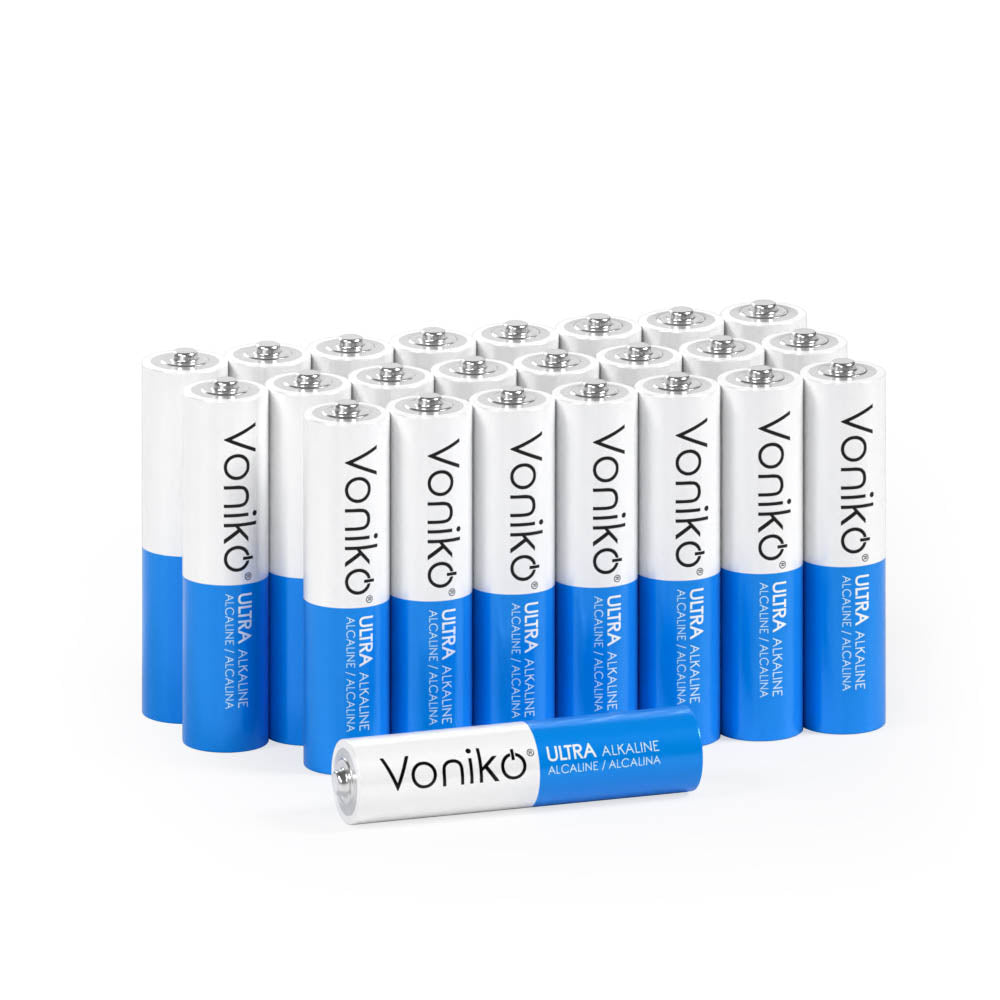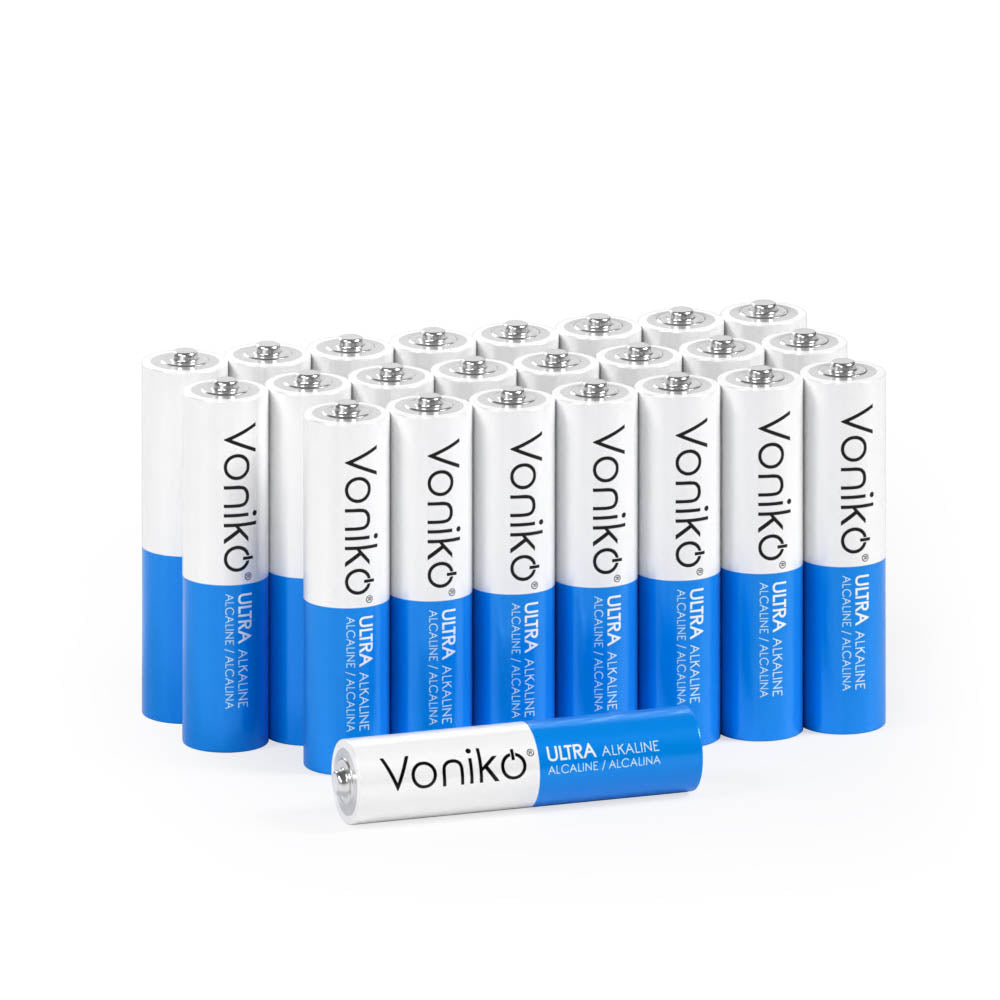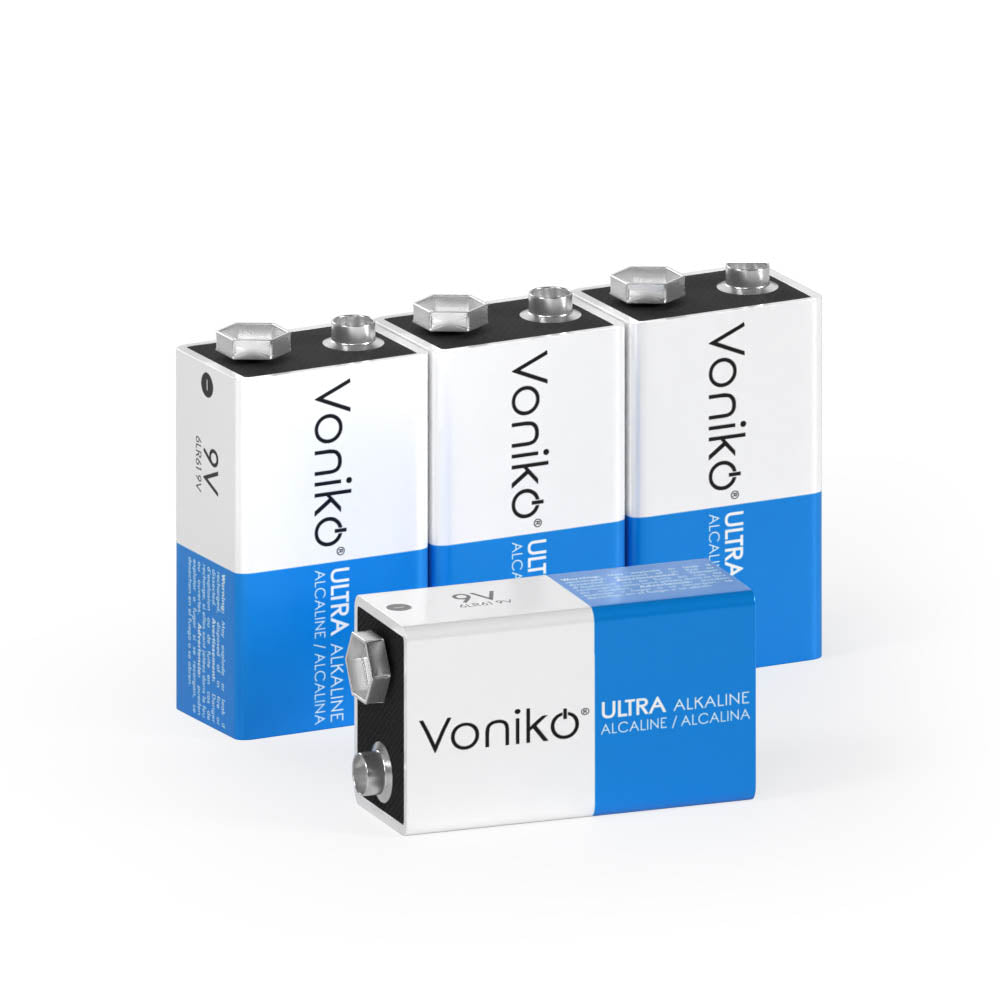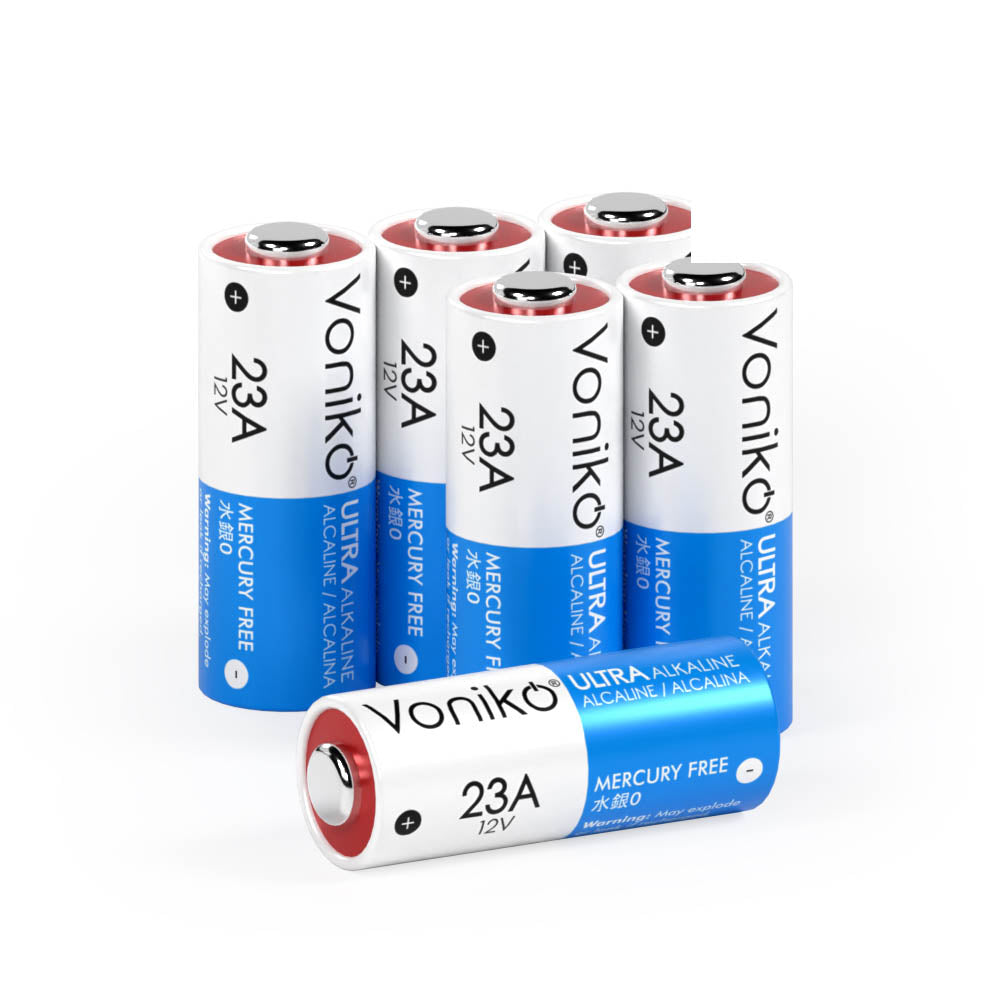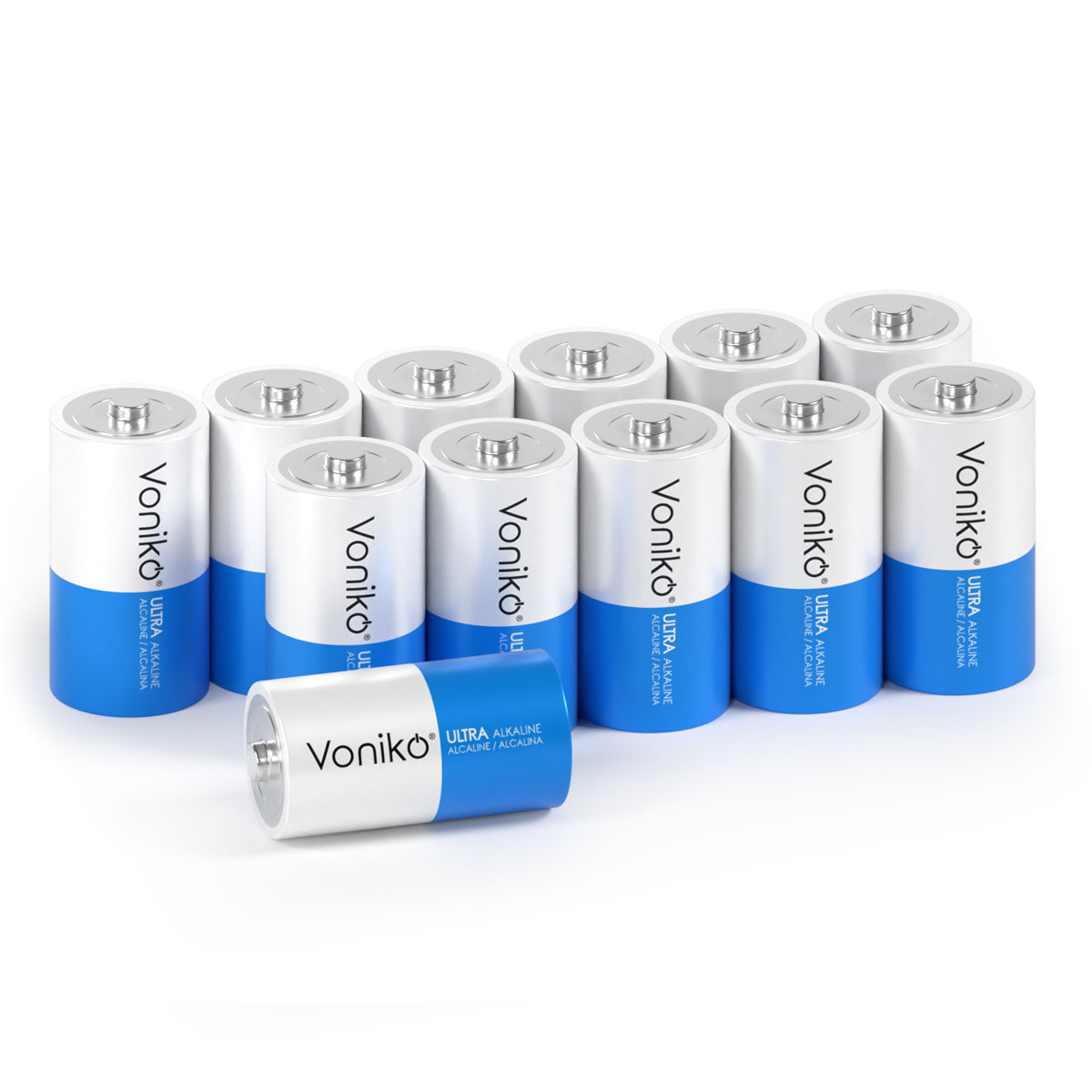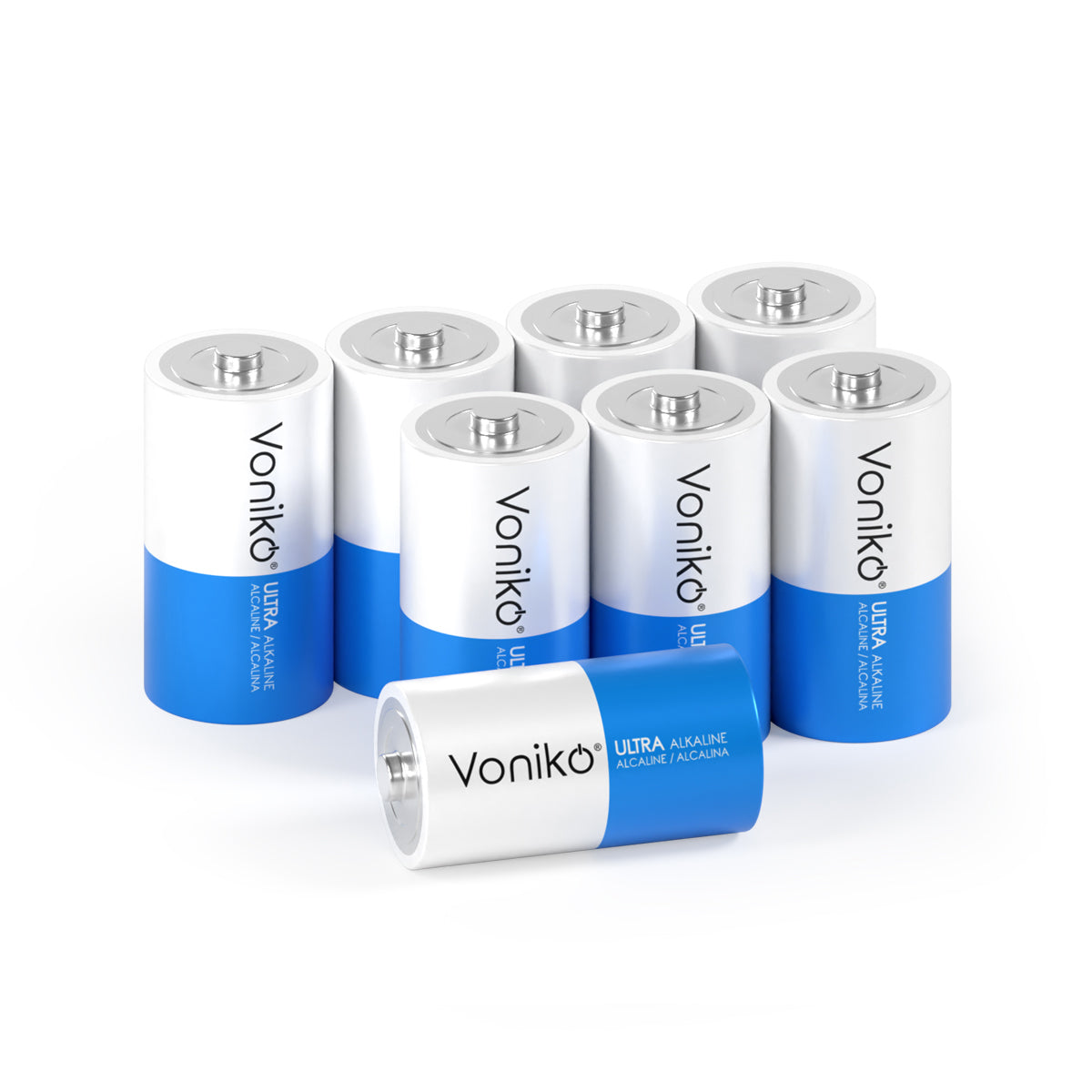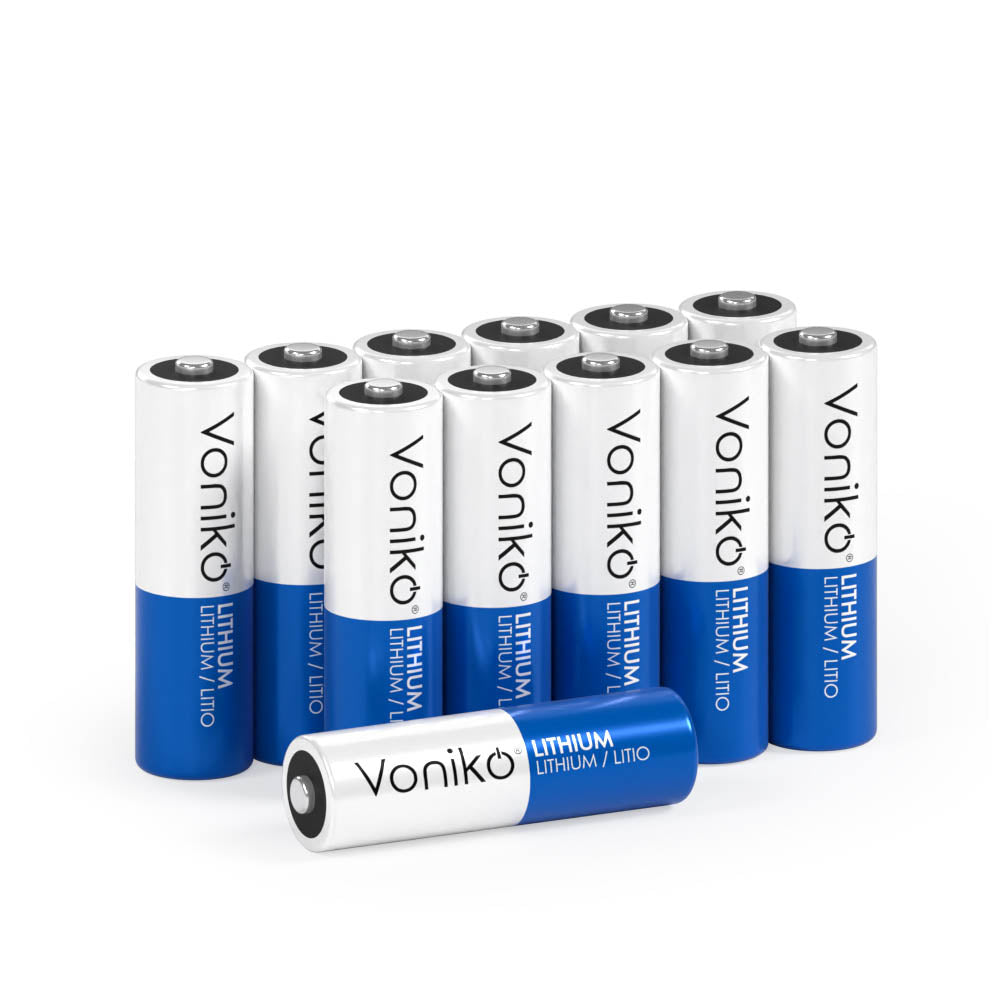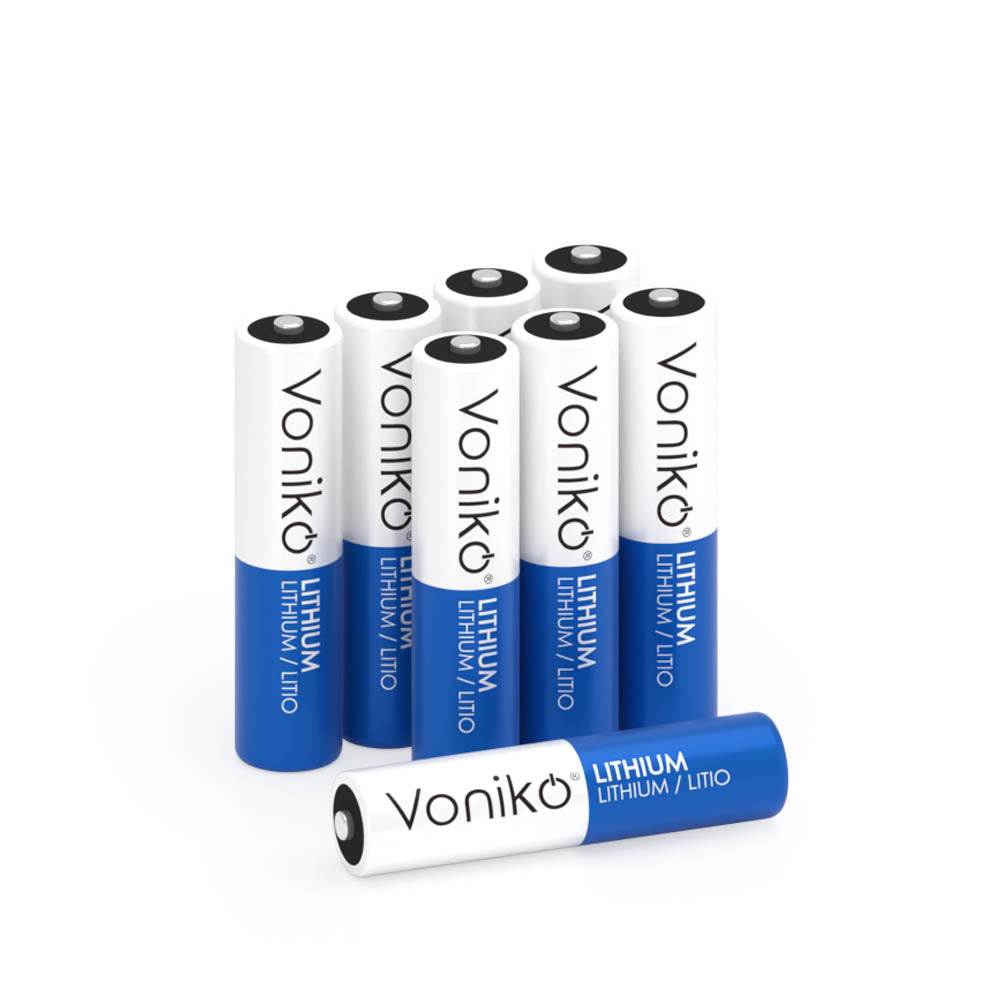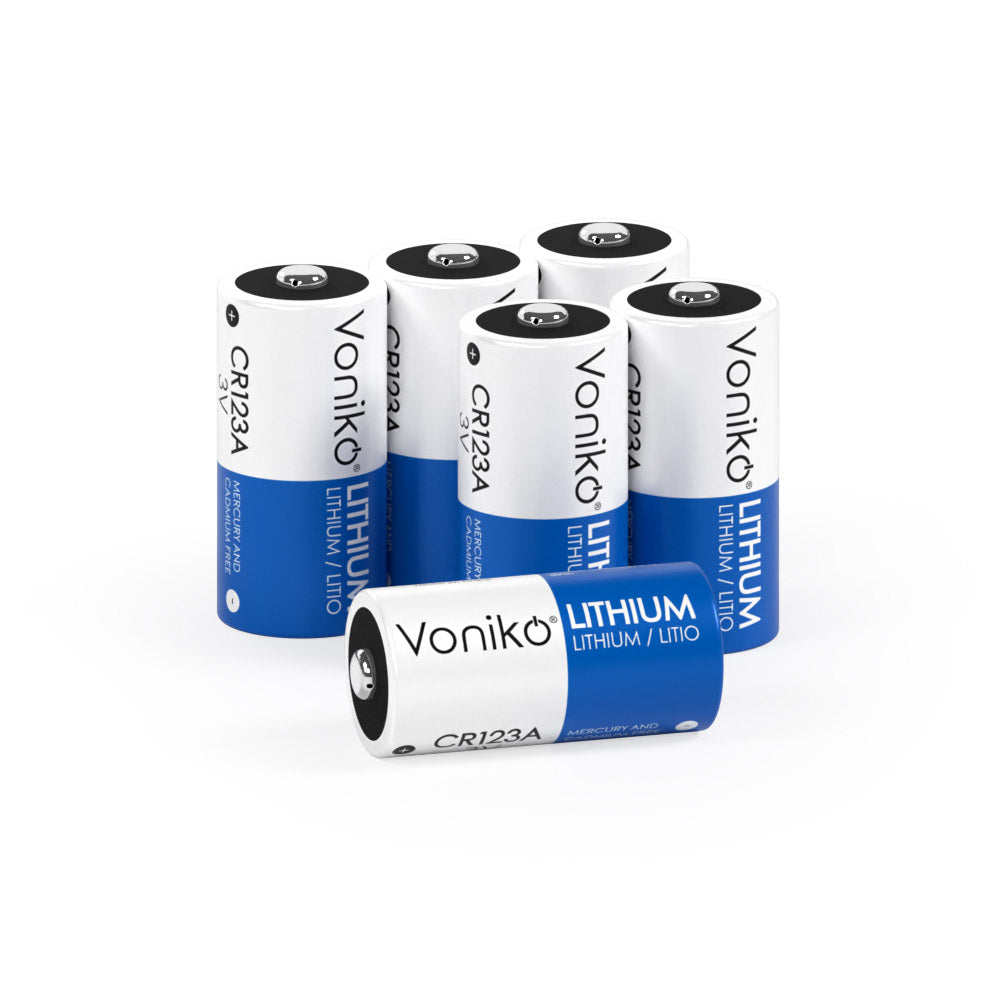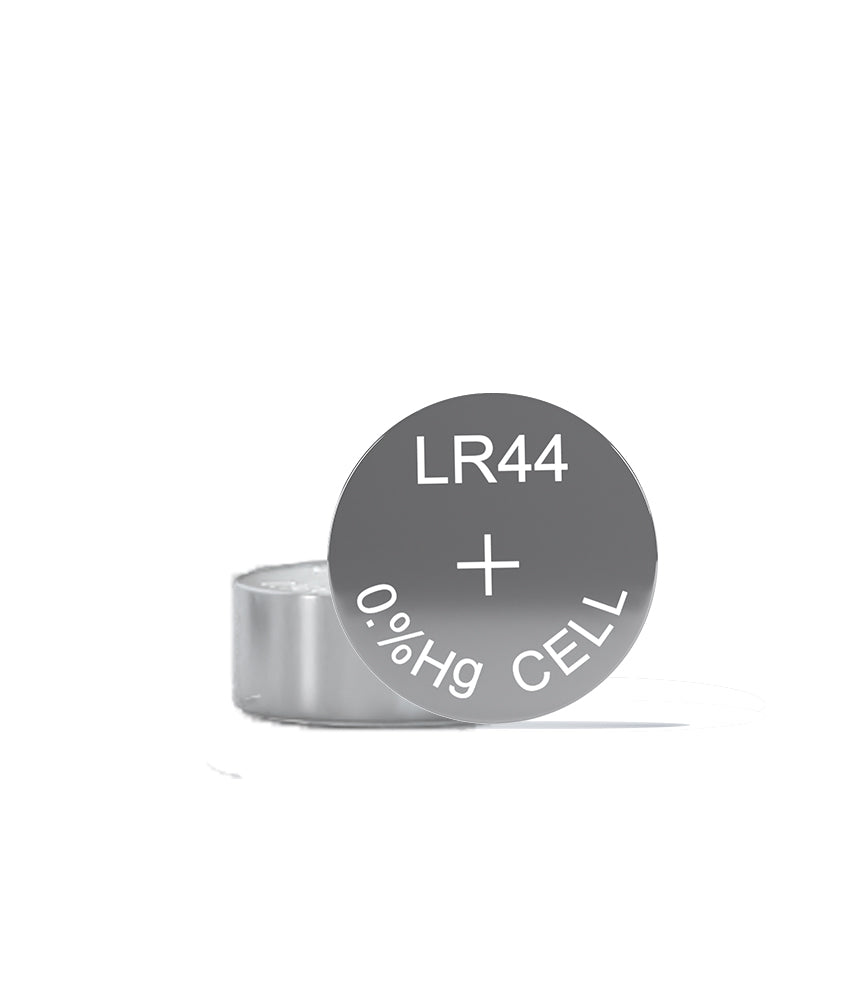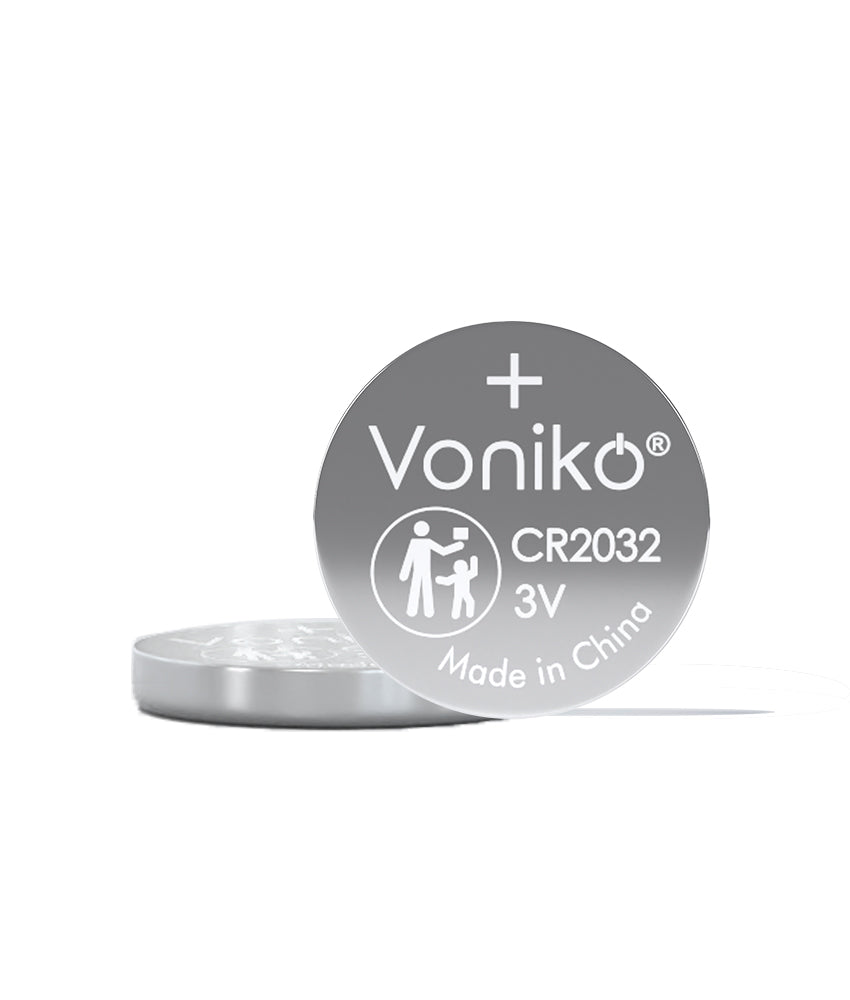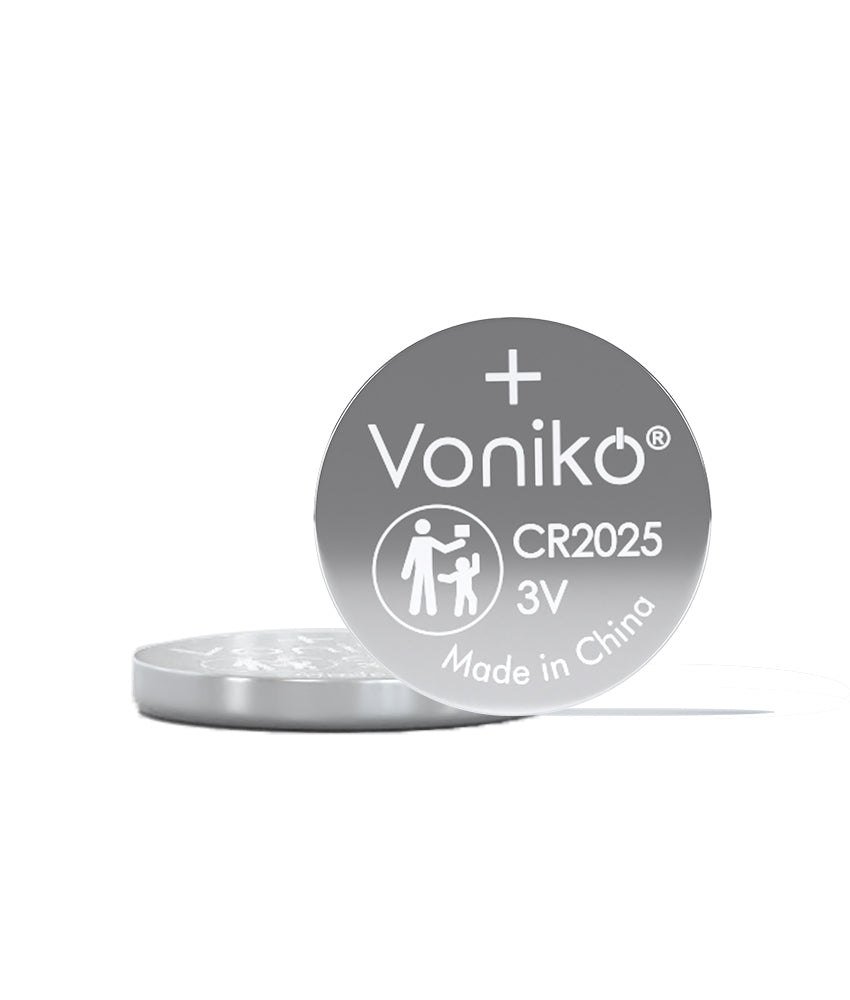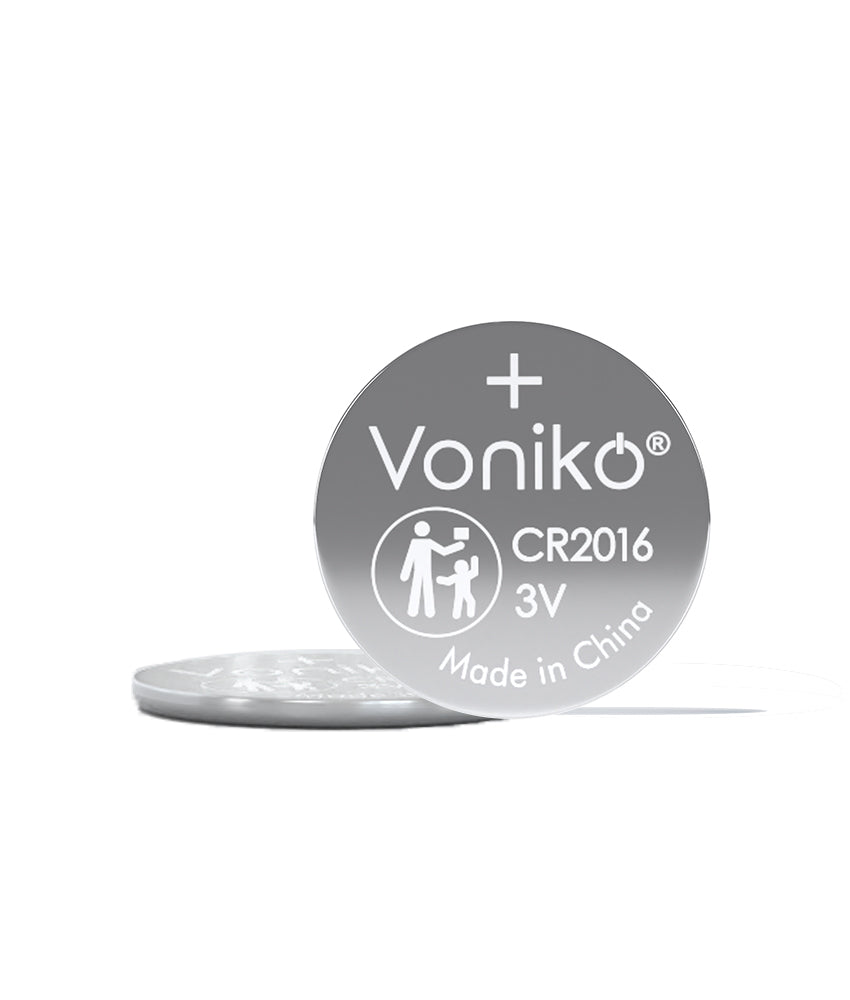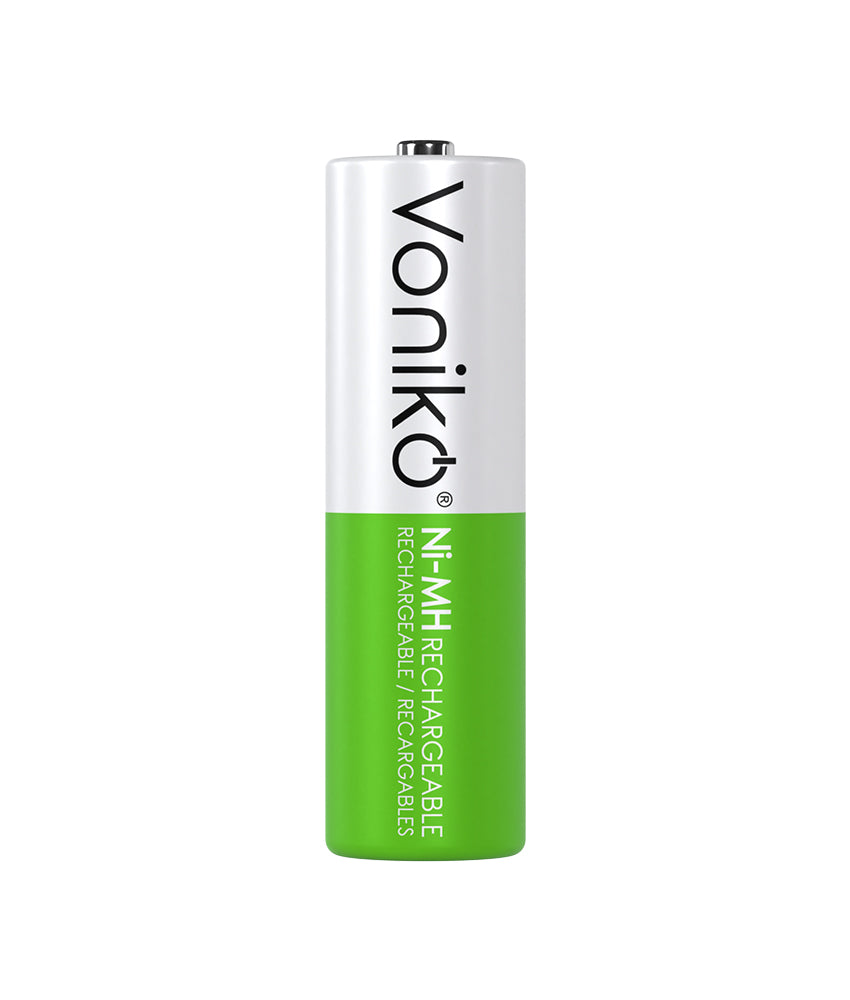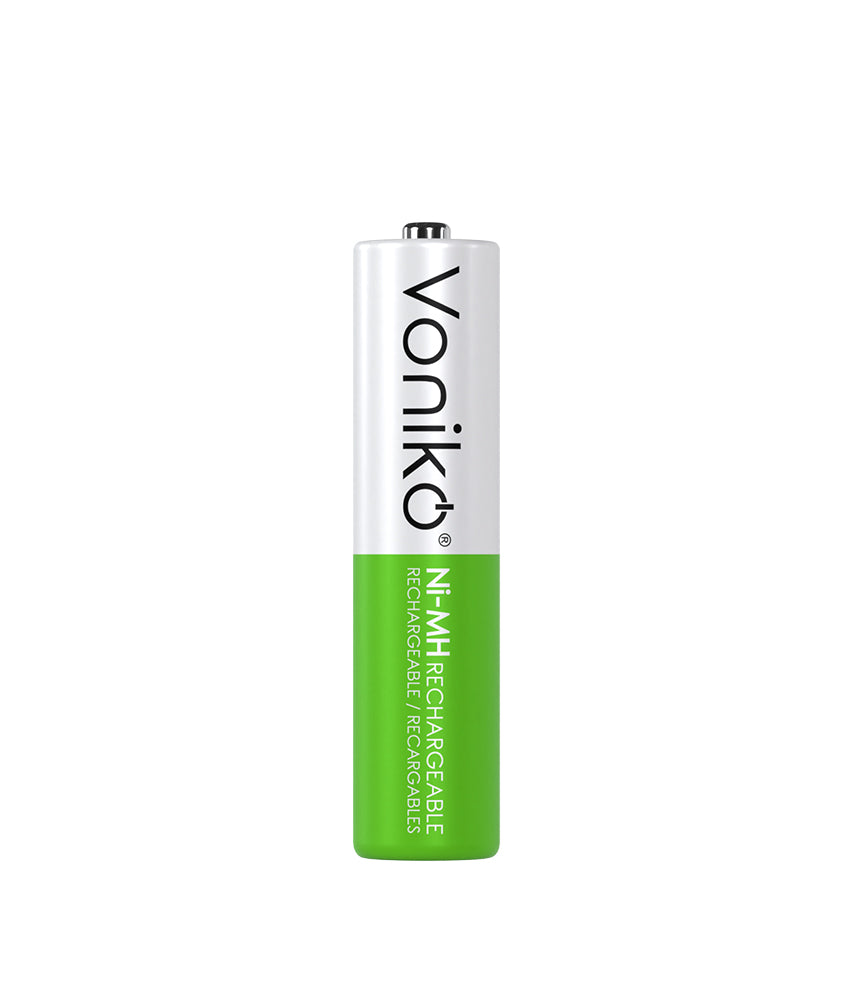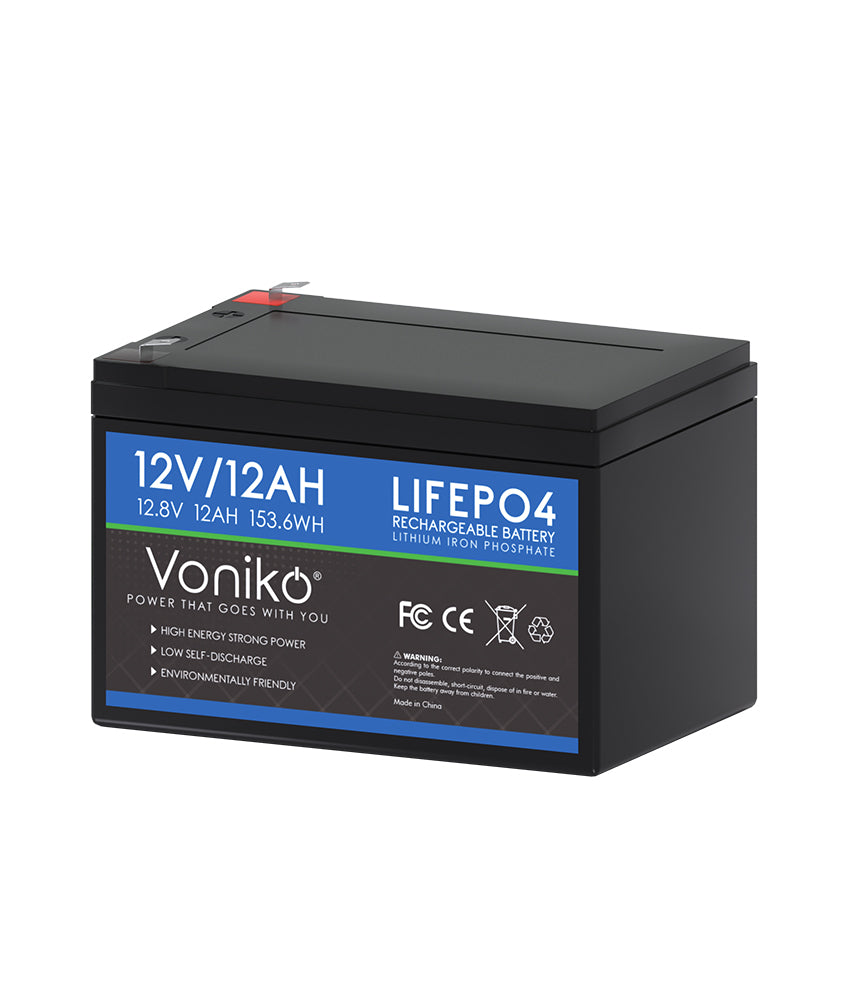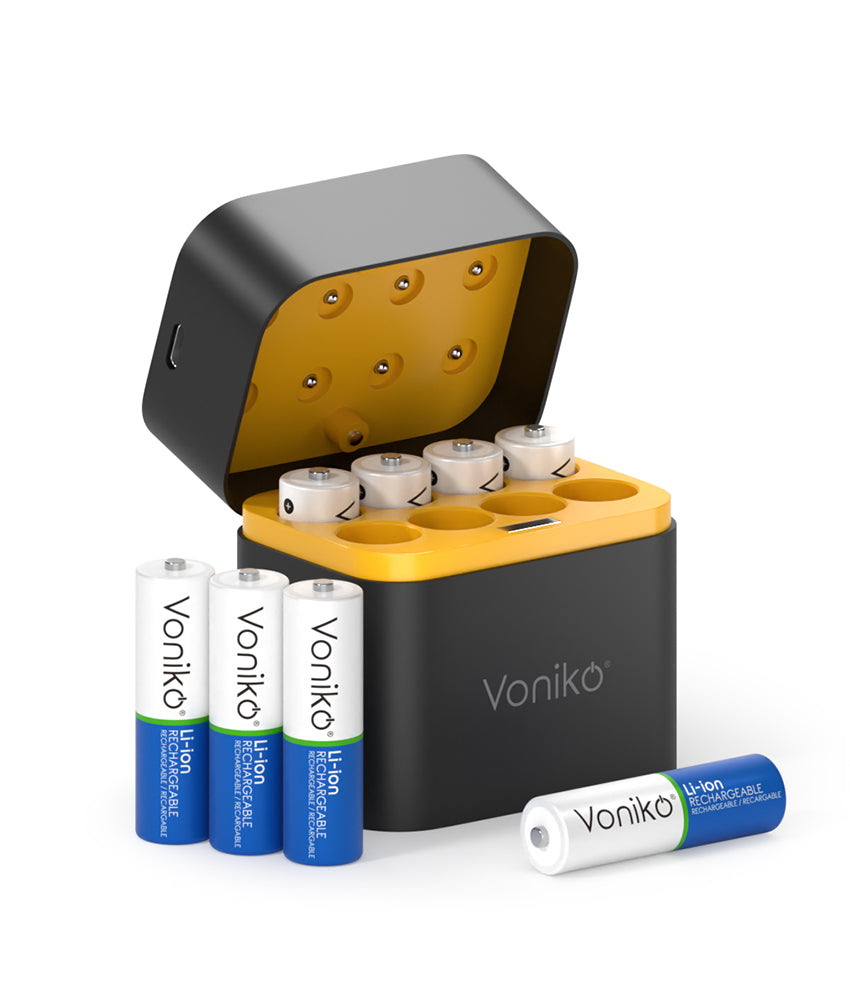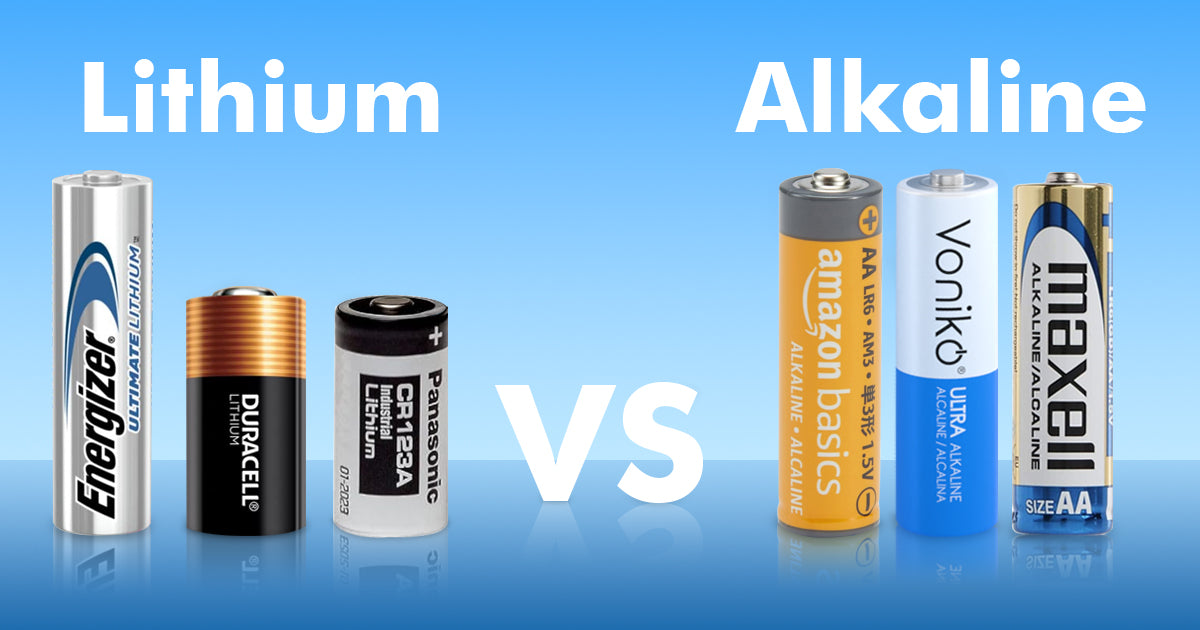Walk into any retail store and you'll find AA batteries hanging on pegs near the checkout counter, priced anywhere from $8-15 for a small pack. Drive to a wholesale supplier or order online, and you can get the same quantity of batteries for $3-5. Same batteries, dramatically different prices - but is it really that simple?
This comprehensive comparison reveals everything you need to know about wholesale versus retail AA battery purchasing. We'll break down the real costs, quality differences, convenience factors, and hidden considerations that determine which option makes sense for your specific needs.
How Much More You're Really Paying at Retail
The price difference between wholesale and retail AA batteries is more dramatic than most people realize. We analyzed pricing across multiple suppliers and retail chains to show you the real numbers.
Alkaline AA Battery Price Comparison:
| Purchase Method | Price Per Battery | Typical Quantity | Total Cost | Cost Difference |
|---|---|---|---|---|
| Convenience Store | $1.25 | 4-pack | $5.00 | +400% vs wholesale |
| Grocery/Pharmacy | $0.69 | 12-pack | $8.28 | +176% vs wholesale |
| Big Box Retail | $0.58 | 24-pack | $13.92 | +132% vs wholesale |
| Wholesale | $0.25 | 800-pack | $200 | Base price |
Premium Lithium AA Battery Comparison:
| Purchase Method | Price Per Battery | Typical Quantity | Total Cost | Cost Difference |
|---|---|---|---|---|
| Camera Store | $4.50 | 2-pack | $9.00 | +200% vs wholesale |
| Electronics Retail | $2.95 | 4-pack | $11.80 | +97% vs wholesale |
| Online Retail | $2.45 | 8-pack | $19.60 | +63% vs wholesale |
| Wholesale | $1.50 | 960-pack | $1,440 | Base price |
The markup shock gets worse when you factor in emergency purchases. That convenience store battery you grab when your TV remote dies costs 5x more than wholesale pricing. Even "bulk" retail packs at warehouse clubs still cost 2-3x wholesale prices.
But here's what's really eye-opening: the annual cost difference for typical users. A household that buys retail batteries spends $150-200 annually on AA batteries. The same usage pattern costs just $40-60 with wholesale purchasing - that's $100-140 in annual savings for making smarter buying decisions.
Are Retail Batteries Actually Better?
Many people assume retail batteries cost more because they're higher quality. The reality is more complex and often surprising.
Brand name retail vs. wholesale quality:
Major retail brands (Duracell, Energizer, etc.) available in stores are often identical to wholesale versions of the same batteries. The same factories produce batteries for retail packaging and wholesale/private label customers, with quality control standards that meet or exceed retail equivalents.
Voniko wholesale batteries vs. retail competitors:
- Alkaline performance: Voniko wholesale alkaline AAs deliver 40% longer lasting power than leading retail brands
- Lithium performance: Voniko wholesale lithium AAs provide 10x longer performance than alkaline alternatives, matching or exceeding retail lithium battery performance
- Shelf life: Both Voniko alkaline and lithium wholesale batteries offer 10-year shelf life, matching the best retail options
- Quality control: With production support from the world's 3rd-largest battery manufacturer, Voniko maintains consistent quality standards across 6.5 billion batteries annually
The freshness factor:
Retail batteries sometimes sit on shelves for months or years, while wholesale batteries often come directly from manufacturing facilities with recent production dates. This can make wholesale batteries actually fresher than retail alternatives.
Performance testing results:
Independent testing consistently shows that premium wholesale batteries (like Voniko) match or exceed the performance of retail brand names while costing 50-70% less. The higher retail prices primarily reflect marketing costs, retail margins, and brand premiums rather than superior performance.
What are Retail's Biggest Advantages?
Retail battery purchasing offers undeniable convenience advantages that matter for certain situations and buyers.
Immediate availability: When your smoke detector starts chirping at 2 AM or your presentation remote dies 10 minutes before a big meeting, retail stores provide instant solutions. Wholesale requires planning ahead.
No minimum quantities: Retail lets you buy exactly what you need right now - even a single battery if necessary. Wholesale typically requires purchasing 50-1,000+ batteries to get the best pricing.
Easy returns and exchanges: Defective retail batteries can be returned to any store location. Wholesale returns often require shipping and may have more complex procedures.
Familiar brands and packaging: Retail batteries feature well-known brand names and packaging that many consumers trust and recognize.
Payment flexibility: Retail accepts cash, credit cards, and often store credit. Some wholesale suppliers have more limited payment options or require business accounts.
Local availability: Retail battery options exist in virtually every community, while wholesale suppliers may require shipping from distant locations.
However, convenience comes at a steep price premium. That convenience store battery might solve your immediate problem, but it costs 4-5x more than planning ahead with wholesale purchases.
What are Hidden Costs and Considerations?
The true cost comparison between retail and wholesale goes beyond sticker prices to include several hidden factors.
Retail hidden costs:
- Time costs: Multiple trips to stores for battery purchases add up to hours annually
- Emergency premiums: Unexpected battery failures force expensive convenience store purchases
- Opportunity costs: Running out of batteries during important activities (work presentations, family events, emergency situations)
- Storage inefficiency: Small retail packs require more storage space per battery and create more packaging waste
Wholesale hidden costs:
- Upfront cash requirements: Bulk orders require larger upfront investments
- Storage space needs: Hundreds of batteries require dedicated storage space
- Inventory management: Tracking supplies and managing reorders takes time and attention
- Shipping costs: Though often included in wholesale pricing, shipping can add to total costs for smaller orders
The breakeven calculation:
For most users, wholesale breaks even after 3-6 months of normal usage. Heavy users (businesses, large families, high-device households) break even within 1-2 months. Light users might take 12+ months to recoup the upfront wholesale investment.
Quality risk factors:
- Retail risk: Older inventory, limited selection, premium pricing for premium performance
- Wholesale risk: Larger upfront investment, need to choose reputable suppliers, storage requirements
When Retail Makes Sense vs. When Wholesale Wins
Understanding when each approach works best helps you optimize your battery purchasing strategy.
Choose retail batteries when:
- Emergency situations: Immediate need trumps cost considerations
- Trying new devices: Testing battery performance before committing to bulk purchases
- Infrequent usage: Using fewer than 20-30 batteries annually makes wholesale impractical
- Limited storage: No space to store bulk quantities properly
- Cash flow constraints: Can't afford larger upfront wholesale investments
- Uncertain needs: Don't know what types or quantities you'll need long-term
Choose wholesale batteries when:
- Regular usage: Using 50+ batteries annually makes wholesale cost-effective
- Business applications: Offices, stores, and organizations benefit from bulk purchasing
- Emergency preparedness: Building battery supplies for emergency kits or long-term storage
- High-performance needs: Premium wholesale batteries often outperform retail options at lower costs
- Environmental consciousness: Bulk purchasing reduces packaging waste significantly
- Budget optimization: Want to minimize battery costs without sacrificing quality
The hybrid approach:
Many smart buyers use both retail and wholesale strategically:
- Maintain wholesale stock for planned needs and regular usage
- Keep small retail emergency supplies for unexpected situations
- Buy retail when trying new battery types or devices
- Use wholesale for known high-consumption applications
How to Choose for Your Situation
Your optimal battery purchasing strategy depends on your specific usage patterns, financial situation, and priorities.
If you're currently buying retail batteries:
- Track your usage: Monitor battery purchases for 2-3 months to understand actual consumption
- Calculate annual costs: Add up what you're currently spending on batteries annually
- Research wholesale options: Compare pricing and minimum orders from reputable wholesale suppliers
- Start small: Try wholesale for one high-usage application to test quality and service
- Scale gradually: Expand wholesale purchasing as you gain experience and confidence
If you're considering wholesale:
- Verify supplier quality: Research supplier reputation, request samples, and check customer reviews
- Calculate storage needs: Ensure you can store bulk quantities in appropriate conditions
- Plan cash flow: Budget for larger upfront investments that pay off over time
- Start strategic: Begin with your highest-consumption battery needs where savings are most dramatic
- Monitor performance: Track actual battery performance and adjust future orders accordingly
Key decision factors:
- Usage volume: Higher usage makes wholesale more attractive
- Cash flow: Ability to invest larger amounts upfront for long-term savings
- Storage capacity: Space to store bulk quantities properly
- Convenience priorities: How much you value immediate availability vs. cost savings
- Quality requirements: Performance needs that may favor specific battery types or suppliers
Why Smart Buyers Mix Both Approaches
The wholesale vs. retail battery debate doesn't have to be an either/or decision. The smartest approach combines both methods strategically to optimize costs, convenience, and performance.
The optimal hybrid strategy:
- Wholesale foundation: Use bulk purchasing for predictable, high-volume battery needs
- Retail backup: Keep small emergency supplies from retail sources for unexpected situations
- Quality matching: Choose wholesale for premium performance needs, retail for quick fixes
- Cost optimization: Let usage volume and financial capacity guide your retail/wholesale mix
Why wholesale is winning:
As wholesale suppliers improve their service quality and retail prices continue rising, more consumers and businesses are discovering wholesale advantages. Premium wholesale batteries often outperform retail alternatives while costing 50-70% less - a combination that's hard to ignore.
The future clearly favors wholesale purchasing for anyone using batteries regularly. Better suppliers, improved logistics, and dramatic cost savings make wholesale the smart choice for most battery needs.
Ready to optimize your battery purchasing? Start by calculating your annual battery usage and costs, then explore wholesale options for your highest-volume needs. You'll discover that wholesale isn't just about saving money - it's about getting better batteries for less money while simplifying your purchasing process.
The only question is whether you'll start saving money this month or wait another year while continuing to overpay for retail batteries. The choice is yours, but the math is clear: wholesale wins for anyone willing to plan ahead and buy smart.

